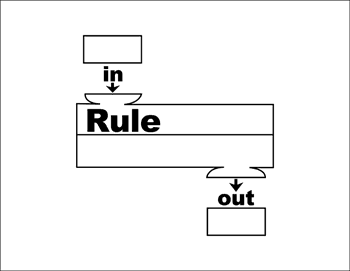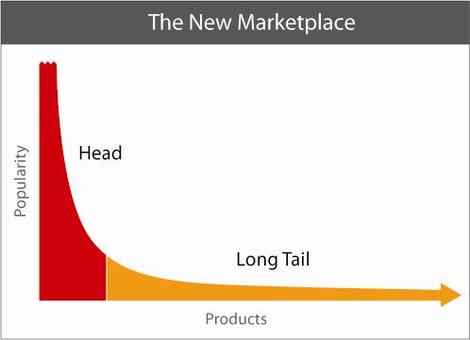One point that I found interesting from this Week’s Galloway reading, was the idea that the availability of the Internet could be used as a sort of ‘weapon’ in future wars.
Galloway discusses the Domain Name System (DNS), which is an essential component of the functionality of the Internet. The DNS contradicts the decentralised nature of the World Wide Web, in a sense that it is hierarchical.
‘All DNS information is controlled in a[n]… inverted-tree structure.
Ironically, then, nearly all Web traffic must submit to a hierarchical
structure (DNS) to gain access to the anarchic and radically horizontal structure
of the Internet.’
So essentially this one element of the Internet is actually centralised. This means that North America (the country who owns the most important Internet servers in the world), could hypothetically ban a certain country from the Internet. The inventor of the World Wide Web, Tim Berners-Lee, claims that:
‘…they could do so very
easily through a simple modification of the information contained in the root
servers at the top of the inverted tree‘.
And without the Internet, a country would pretty much lose all connection with other countries. This would have a major effect on not only their importing but their exporting.
I always thought that this ‘withholding of resources’ tactic would be used in future wars, when things like fuel and water were scant; but I had never thought about it in relation to technology. I guess that’s what Russia is really doing at the moment with gas. Although, they’ve also got nuclear weapons…

